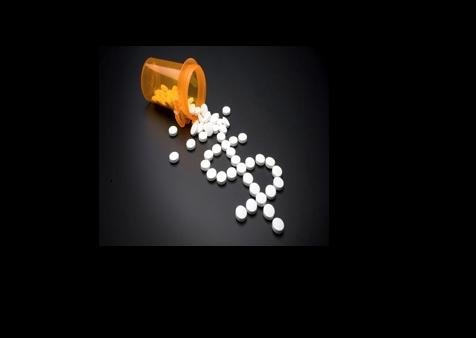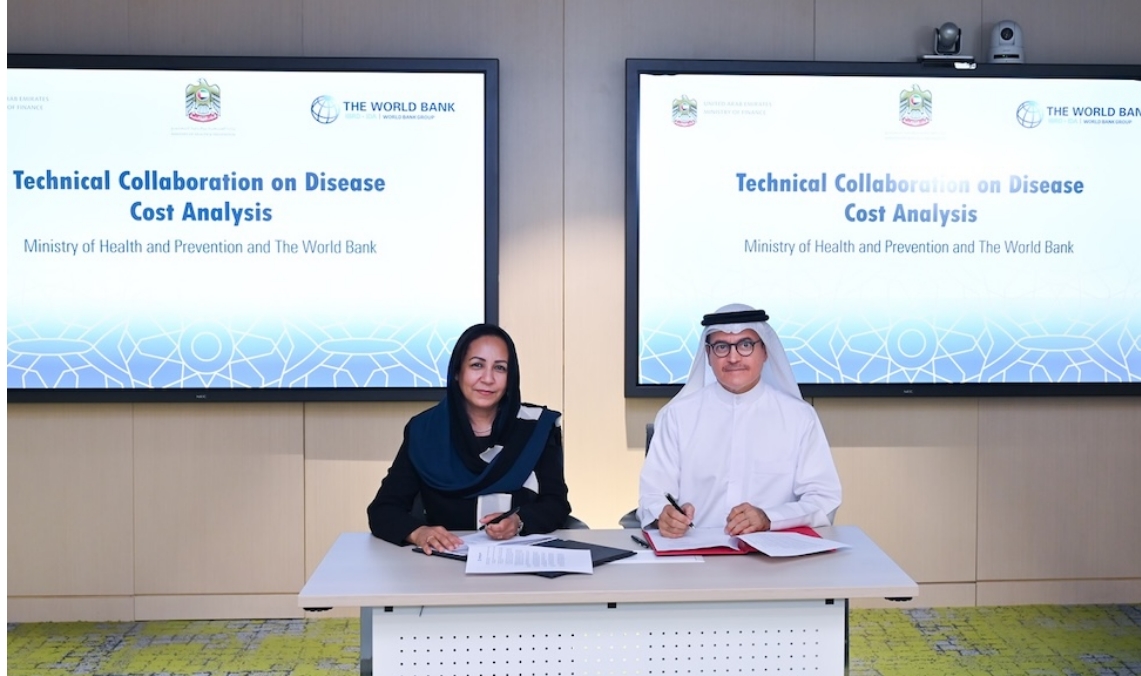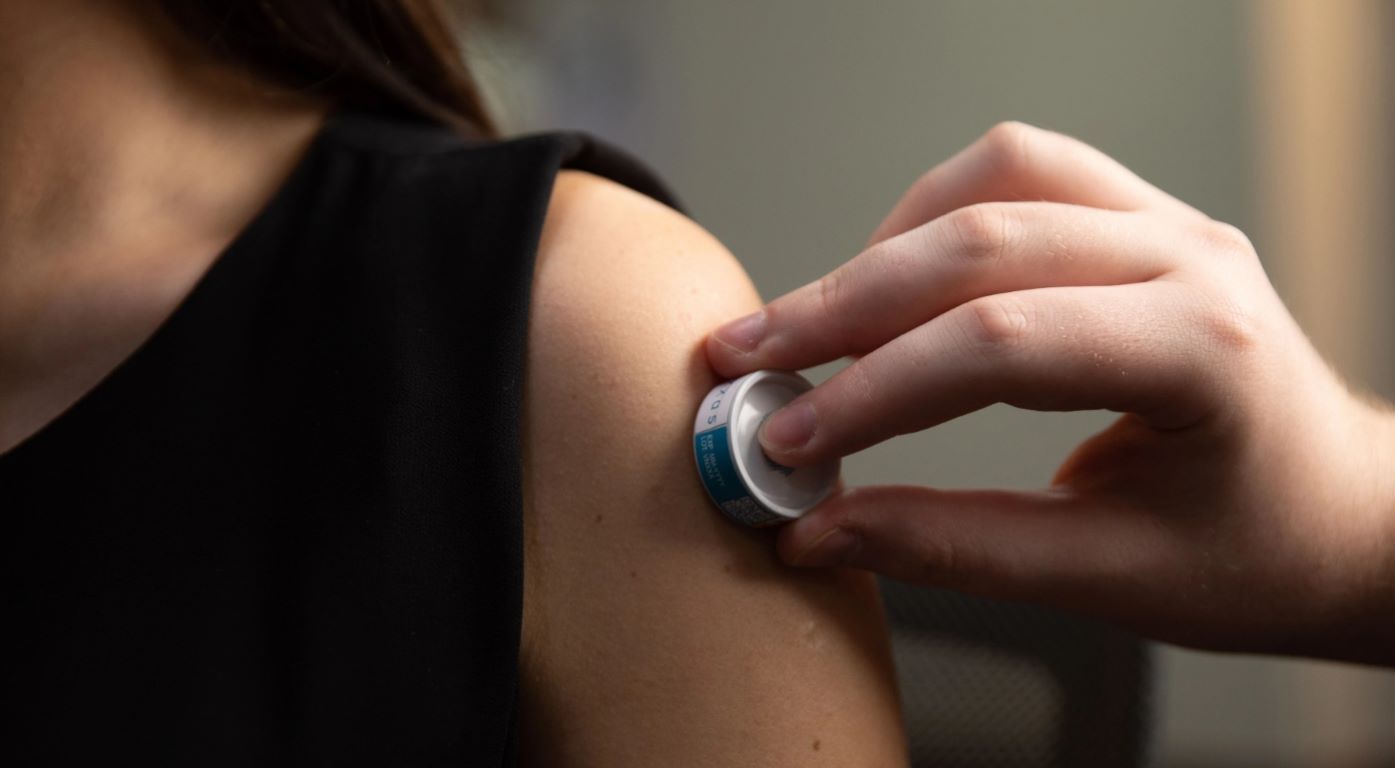KHK advances DsiRNA cancer target, pays $5 mn
04 January 2013 | News | By BioSpectrum Bureau

Kyowa Hakko Kirin (KHK) will pay Dicerna Pharma $5 million milestone payment for advancing second therapeutic oncology candidate (Dicer substrate siRNA ) from the R&D stage
Singapore: Dicerna Pharmaceuticals, a RNA interference (RNAi) company focused on developing breakthrough oncology therapeutics, announced that Kyowa Hakko Kirin (KHK) has elected to advance the second therapeutic oncology candidate from the R&D stage. The achievement of this milestone triggers a $5 million payment from KHK to Dicerna.
Dicerna has a research collaboration and license agreement with KHK worth up to $1.4 billion for the R&D and commercialization of Dicer substrate siRNA (DsiRNA) pharmaceuticals and drug delivery systems for gene targets with therapeutic potential in oncology.
In 2011, Dicerna announced that KHK had moved its first oncology candidate under the collaboration into development and also nominated a second oncology target. The milestone announced today is in regard to this second oncology target. DsiRNA delivered by KHK's drug delivery system to the target has yielded compelling activity in animal models of difficult-to-treat tumors.
"We are delighted that our collaboration with KHK has delivered a second product candidate that will advance to the development stage," said Dr Douglas M Fambrough, chief executive officer of Dicerna. "Along with Dicerna's own hepatocellular carcinoma program, we now have three announced oncology candidates, all utilizing Dicerna's Dicer Substrate Technology, in development. Each of these is moving toward the clinic with the goal of addressing unmet cancer therapy needs."
"When we first entered this collaboration with Dicerna to access the Dicer Substrate Technology, we saw the potential for RNAi technology to create novel therapeutics targeting key genes at the root of cancer," said Dr Etsuo Ohshima, managing officer and vice president, head, research division at Kyowa Hakko Kirin. "Highly active DsiRNAs combined with KHK's proprietary lipid nanoparticle delivery technology can be validated in vivo in less than a year."











